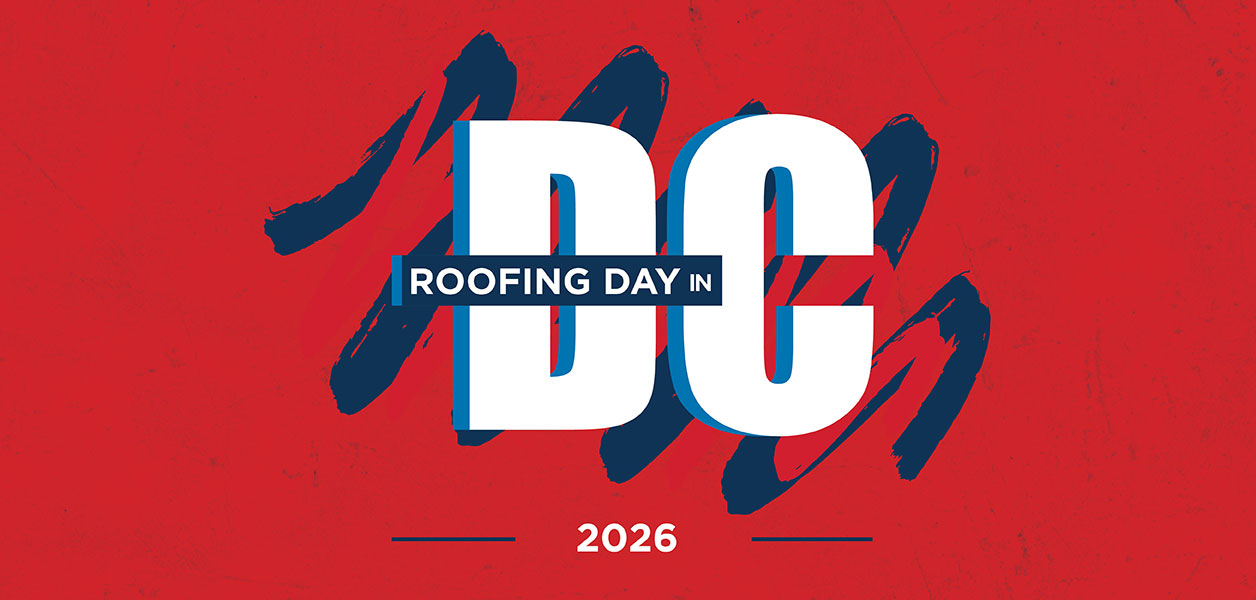Recent analysis of Bureau of Labor Statistics data from career website Zippia reveals of the 20 professions least likely to have health insurance, 11 of them are in the construction industry, according to www.constructiondive.com.
The average uninsured rate for full-time workers in the U.S. is 12 percent, but the percentage of certain categories of construction workers without health insurance is much higher, including roofing workers (50.5 percent); drywall hangers, finishers and ceiling tile installers (49.5 percent); plasterers and stucco masons (49.1 percent); fence installers (45.7 percent); carpet, tile and floor installers (45.2 percent); painters and paperhangers (43.1 percent); construction trade helpers (42.8 percent); installation, maintenance and repair helpers (40.5 percent); cement masons, concrete finishers and terrazzo workers (38.7 percent); brick masons, block masons, stonemasons and reinforced iron and rebar workers (38.6 percent); and construction laborers (37.5 percent).
At least some of the workers who reported not having health insurance coverage could be classified as independent contractors, which means they are operating as a business and not entitled to benefits from another employer.
In most states, companies are required to carry workers' compensation insurance so if a worker is injured on the job, medical bills, partial salary, rehabilitation costs and training for a new trade, if necessary, will be paid regardless of whether the injured person has health insurance. However, if the worker is classified as an independent contractor or contract worker, he or she is not covered by this benefit.
According to the Workers Defense Project, the southern U.S. is most likely to have construction workers laboring as independent contractors. As part of its study, the Workers Defense Project reported only 5 percent of the 1,435 workers it interviewed in six southern states said workers' compensation would cover the cost of their work injuries.
The Department of Labor and IRS have requirements for independent contractors, and employers that misclassify employees as contract labor could face penalties from both agencies.





